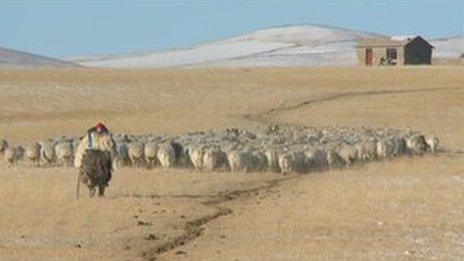Mongolia gets financial aid totalling $5.5bn from IMF
- Published
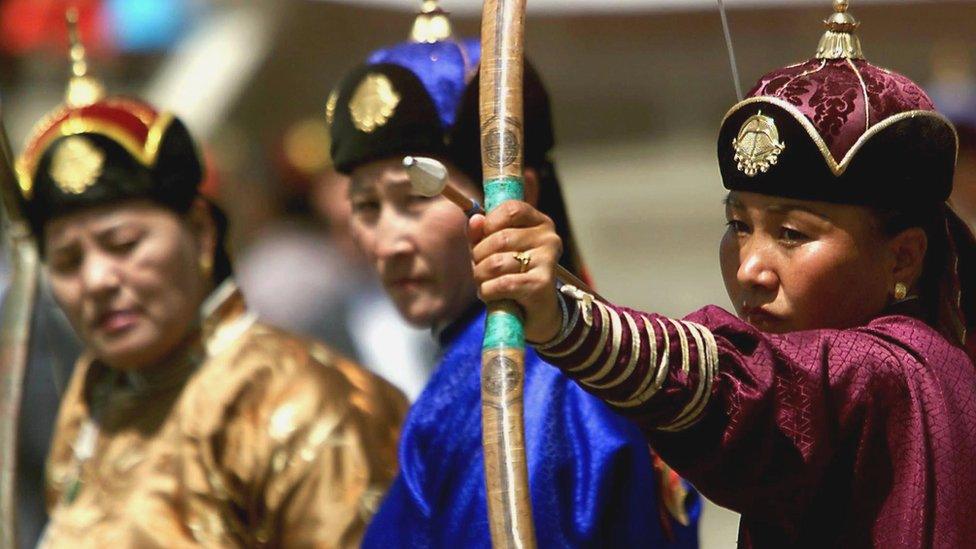
Mongolia has received a $5.5bn (£4.2bn) aid package to stabilise its economy and push through much-needed reforms.
In return, Mongolia agreed to cut spending and raise taxes as well as build a stronger network for its financial services.
The resource-rich nation suffered a slowdown after commodity prices collapsed, and demand slowed.
The donors' programme will also look at how agribusiness and tourism sectors could contribute to economic growth.
The three-year arrangement, led by the International Monetary Fund (IMF), also involves the World Bank plus Asian neighbours Japan, Korea and China.
The IMF said in a statement, external that the reforms "aim to improve the business environment, promote economic diversification, and encourage foreign direct investment".
Mongolia's vast mineral resources has been the main source of economic growth. The mining boom pushed Mongolia's gross domestic product to peak at around 17.5% expansion in 2011.
But its economy went into a tailspin when oversupply led to a fall in commodity prices. Also, demand dropped from China, which had been buying 90% of Mongolia's exports.
The downturn led to the Mongolian currency, the tugrik, becoming the world's worst performing currency in August last year.
Mongolia
Capital: Ulan Bator
-
Population 2.8 million (2012)
-
Area 1.56 million sq km (603,909 sq miles)
-
Major language Mongolian
-
Major religion Buddhism
-
Life expectancy 65 years (men), 73 years (women)
-
Currency Togrog
The aid package has come through one month before the country's presidential elections.
Incumbent President Tsakhiagiin Elbegdorj will not be running for re-election as he has been president for two terms already and the president and only be re-elected once.
- Published4 September 2023
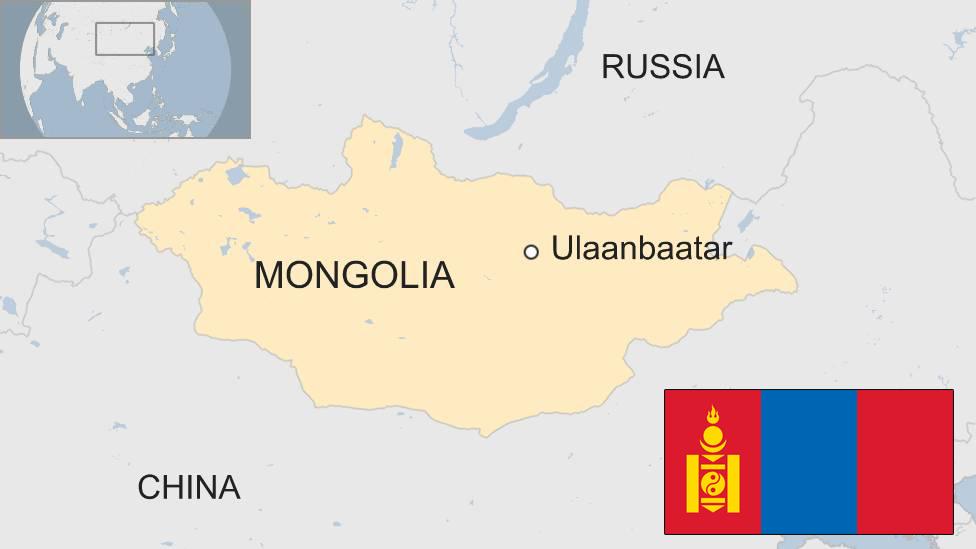
- Published17 August 2016
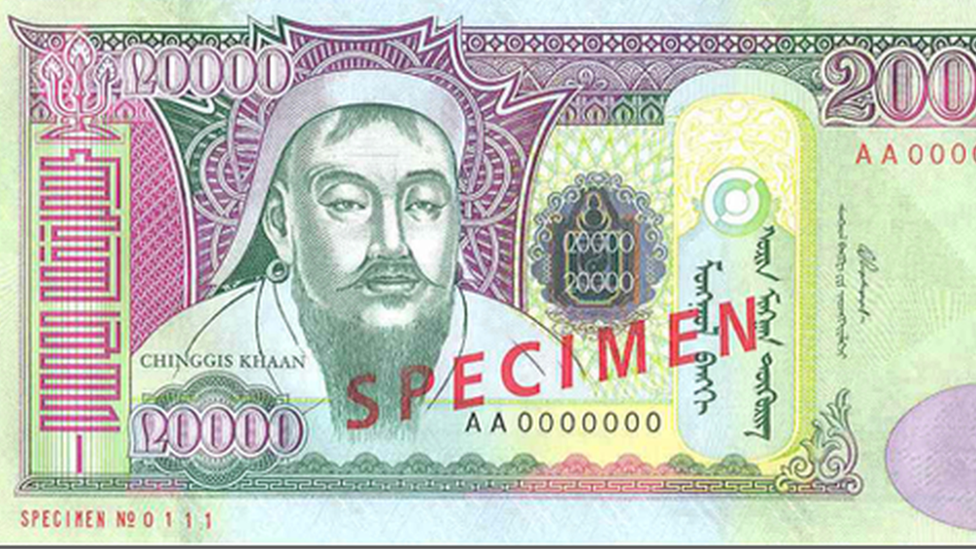
- Published14 May 2016
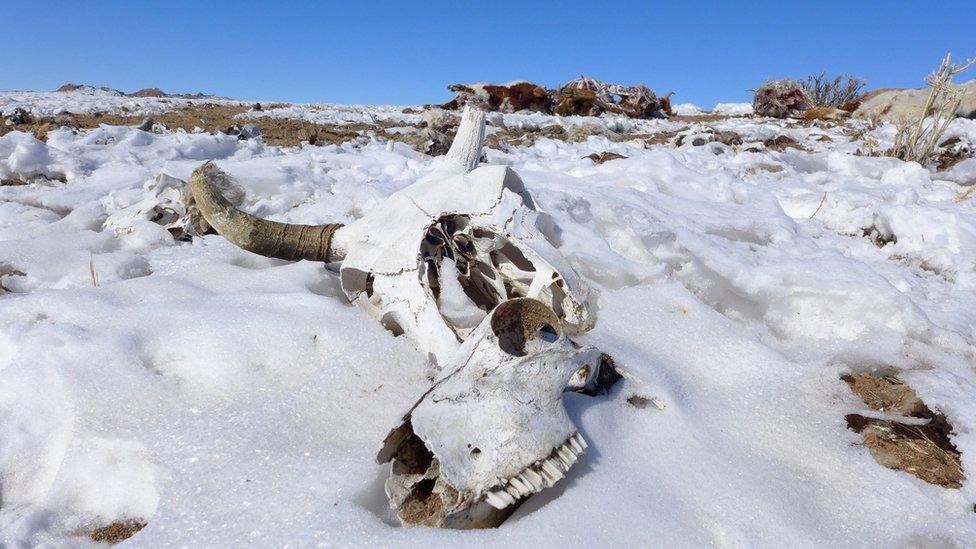
- Published6 February 2014
